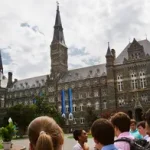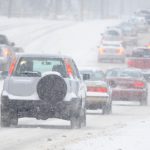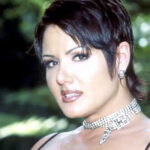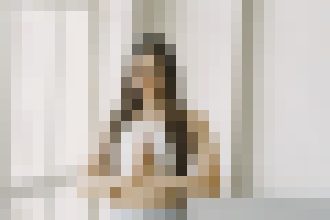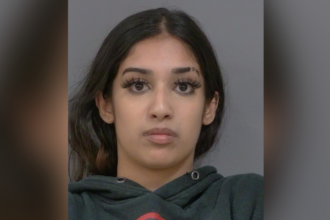The opposition is calling for the vote to be canceled due to suspected fraud, which is creating a crisis of legitimacy for the Democratic Republic of the Congo’s (DRC) presidential election.
Former provincial governor Moise Katumbi was among the five opposition candidates who declared on Saturday that the vote should be invalidated due to “massive fraud.”
The Nobel Peace Prize winner Denis Mukwege and former oil executive Martin Fayulu, along with five other opposition leaders, have called for a protest march against the results on Wednesday.
“We intend to demonstrate against the anomalies observed throughout the voting process,” they stated in a letter addressed to the governor of Kinshasa, the location of their planned rally.
In the mineral-rich nation of Central Africa, about 44 million people were registered to vote in the elections that would select the president, national and regional legislators, and local council members.
Felix Tshisekedi, the president, is seeking reelection against eighteen opposition candidates, with a sizable lead in the preliminary results of voting by diaspora voters.
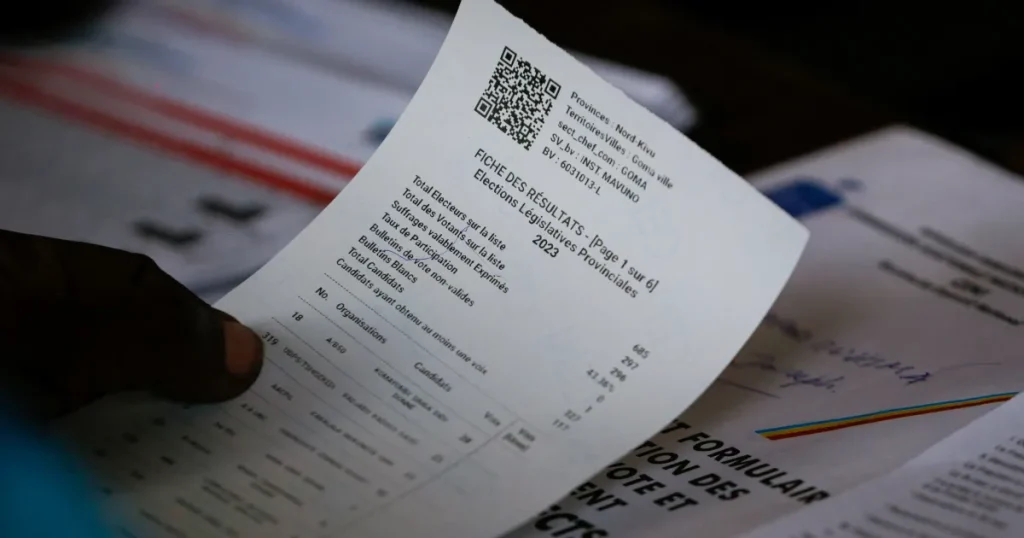
Fearing a recurrence of the violence that has followed disputed election results in the past, Western governments have called for moderation.
Twelve European embassies, along with the Canadian embassy, demanded moderation in a joint statement on Saturday.
“We implore all parties involved, particularly political actors, candidates, and their supporters, to exercise moderation, permit the process to transpire, and voice their concerns in a peaceful manner as the vote counting continues,” the embassies stated.
Since the election began on Wednesday, there have been numerous allegations of irregularities and corruption. As a result, authorities decided to extend the polling period until Thursday, as some polling places were unable to open and some voters were unable to locate their names on registrations.
In remote areas, votes continued to be cast on Saturday, even though the election was only officially extended until Thursday.
Opposition candidates responded angrily to the unannounced extension; some declared it to be unconstitutional and demanded a new election.
The vote has drawn criticism from independent observers. The US-based Carter Center, for example, reported “serious irregularities” at 21 of the 109 polling places it visited and expressed “a lack of confidence in the process.”
Despite possessing enormous reserves of gold, copper, and cobalt, the Democratic Republic of the Congo (DRC) is among the world’s poorest nations and has a history of violent elections.
Prior to the vote, there were at least 19 deaths from election-related violence.
2018 saw Tshisekedi’s election as president beset by allegations of fraud.
The UN reports that at least 34 people have died and 59 more have been injured in protests over the vote.



